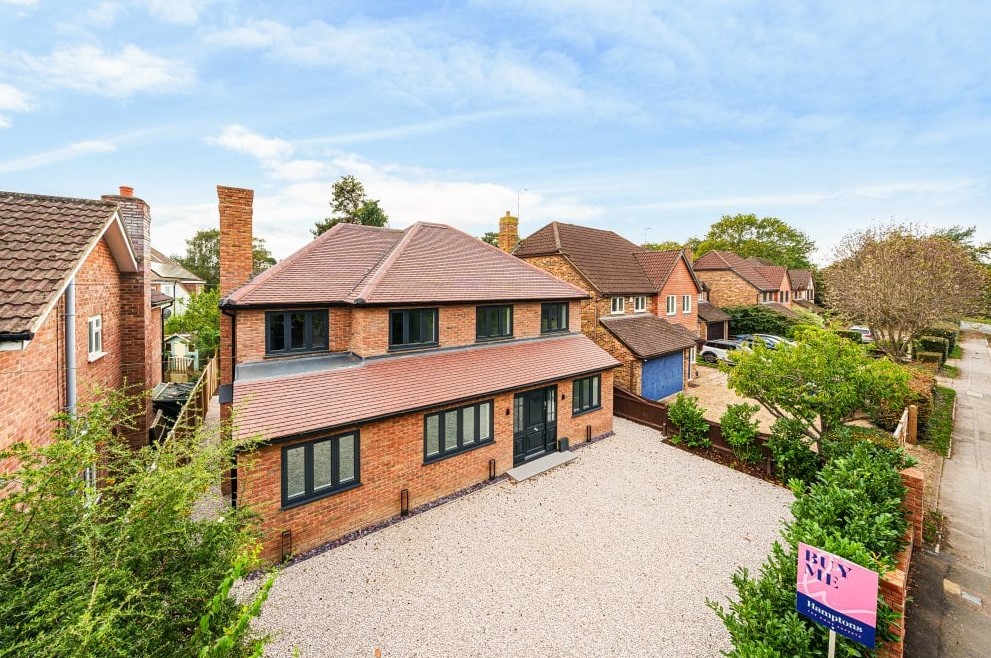Buying a property is an important financial decision, therefore to select the best property in Poole, you must ask the right questions and come to a well-informed conclusion. With a diverse population and stunning coastal setting, Poole offers a large selection of properties to fit every taste and price range. However, navigating in the UK property market can be difficult without the correct counsel. In partnership with Poole estate agents, we’ve produced a detailed list of seven key questions to ask when purchasing a property in Poole, guaranteeing a smooth and successful journey.
1. What is the Property’s Location Like? The location of a property is critical in determining its value, accessibility, and lifestyle. When looking at properties, inquire about their precise location within the town. Is it near facilities like schools, shopping, and transportation hubs? What are the nearest attractions and recreational facilities? Estate agents may provide vital insights into various communities, assisting you in selecting a property that meets your needs and interests.
2. What Are The Requirements for the Maintenance and Condition of the Property? Evaluating the property’s condition is essential to figuring out potential expenses and maintenance needs. Ask about the age, quality of the structure, and any recent additions or repairs made to the property. Ask about the condition of important parts including the electrical, plumbing, and roof systems. Knowing the state of the property will enable you to budget for any repairs or improvements that may be required.
3. What is the History and Market Value of the Property? Understanding the property’s history and market worth is critical to making an informed purchase decision. Inquire about the property’s sales history, including its previous purchase price and any value fluctuations over time. Inquire about comparable properties in the neighbourhood to see whether the asking price is appropriate. Estate agents can do a comparative market analysis to help you understand the property’s market value and negotiate a reasonable price.
4. Exist Any Regulations or Legal Considerations? Navigating legal and regulatory formalities is an important part of purchasing a property. Inquire about any legal difficulties or limits on the property, such as zoning requirements, planning permits, or conservation area designations. Ensure that the property adheres to building codes and environmental norms. Estate agents can work with solicitors and local authorities to resolve any legal issues and ensure a seamless sale.
5. What Are the Financing Options and Affordability? Before considering a property purchase, you must first understand your affordability and financing options. Learn more about various mortgage options, including loan terms, interest rates, and down payment requirements. Analyse your financial situation to determine how much you can comfortably borrow and repay. Consider other charges such as property taxes, stamp duty, and legal fees. Property brokers can connect you with mortgage counsellors and other lenders, allowing you to investigate financing choices that are appropriate for your situation.
6. What Development Plans Does the Area Have for the Future? Knowing the area’s future development plans might provide important information about the property’s potential and long-term worth. Find out about any planned urban developments, infrastructure projects, or adjustments to the neighbourhood’s facilities. Think about the potential effects these developments might have on the property’s appeal and marketability. Information on proposed developments and their possible effects on property buyers can be obtained from estate agents.
7. What is the Energy Efficiency Rating of the Property? Buyers are placing more and more importance on evaluating a property’s energy performance as sustainability and energy efficiency gain ground. Find out the Energy Performance Certificate (EPC) rating of the property. This will tell you how energy efficient it is and how much it would cost to operate. Lower energy consumption and related expenses are indicated by a higher EPC grade. To help you make ecologically friendly decisions, estate agents can help you obtain and understand the property’s EPC rating.
To summarise, owning property in Poole requires careful consideration of several factors to ensure a beneficial investment. With the right questions and help from property brokers, you can successfully navigate the property market and find your ideal home in this quaint seaside town. Whether you’re a seasoned investor or a first-time buyer in Poole, conducting thorough due diligence and consulting with an expert will help you make sound decisions and realise your property goals.



